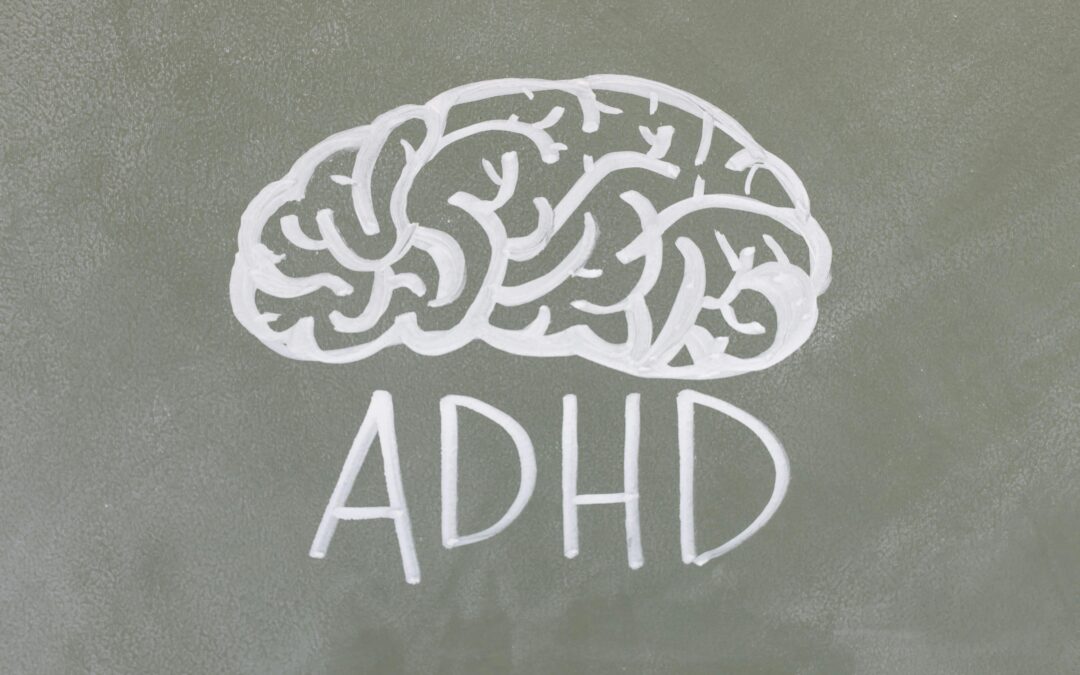ADHD and Comorbid Mood Disorders: Understanding and Supporting Your Child
Navigating the journey of parenting a child with ADHD can be challenging, especially when mood disorders come into play. Did you know that between 10-30% of children with ADHD are also likely to experience a mood disorder like major depression or dysthymia? Understanding these connections can help you better support your child.
Higher Risks for Girls
Girls with ADHD are at an even higher risk for developing comorbid disorders, with a 2.5 times greater chance of developing depression during their teenage years. This often happens because girls are diagnosed later than boys, leading to a longer period of untreated ADHD. This delay can result in feelings of overwhelm and demoralization, eventually leading to depression.
Managing Emotional Outbursts
Children with attention deficit disorders often have intense emotional outbursts. The good news is that effective treatment of ADHD can help manage these outbursts, especially when the medication is optimized. Addressing the primary disorder can significantly improve your child’s emotional stability.
Common Comorbid Conditions
ADHD often comes with other challenges. Here are some common conditions that can occur:
- Anxiety: 25%
- Depression: 14%
- Substance Use Disorder (SUD): 27%
- Oppositional Defiant Disorder (ODD): 45-84%
- Conduct Disorder: 25-45%
- School Problems: 81%
- Disruptive Mood Dysregulation Disorder (DMDD): 21.8%
Emotional Challenges
Children with ADHD often struggle with emotional regulation. Complex ADHD, which involves three or more comorbid conditions, affects about 18% of kids with ADHD. Moreover, 67% have at least one comorbid condition. These additional challenges can make managing ADHD even more difficult, impacting various aspects of their lives such as school, relationships, and self-esteem.
Impact on Daily Life
Children with ADHD face a myriad of challenges that can affect their:
- Schoolwork: Difficulty focusing and completing tasks
- Relationships: Struggles with social interactions
- Following rules: Problems adhering to guidelines and expectations
These difficulties can lead to low self-esteem, impulsive behavior, and emotional instability. Untreated ADHD can make your child feel inadequate, bored, tired of trying, and even dumb. They may become more emotional, angry, sensitive, resentful, reactive, depressed, and anxious. These feelings can result in worthlessness, hopelessness, and, in severe cases, self-harm and suicidal thoughts.
Seeking Treatment and Support
When developing a treatment plan, it’s crucial to consider any comorbid conditions. A comprehensive approach that addresses both ADHD and any additional challenges can make a significant difference. Continuous support is also vital as you implement new treatment strategies.
At Mentallus, we provide the guidance and education you need to navigate ADHD and its associated conditions. By collaborating with healthcare providers, we help families create and maintain effective treatment plans tailored to their child’s unique needs.
Understanding the relationship between ADHD and comorbid mood disorders is key to providing your child with the best support possible. With early diagnosis, tailored treatment plans, and ongoing support, you can significantly improve your child’s quality of life.
Who is Mentallus?
Mentallus is a leader in creating pathways for parents with children struggling with behavioral or mental health issues. Our mission is simple yet profound: to empower parents with the tools and resources they need to confidently navigate their children’s mental health journeys. We want you to feel supported, heard, and equipped to face whatever comes your way.
Have questions or are looking for more tips? Let’s chat! We offer FREE consultations that you can schedule below.

